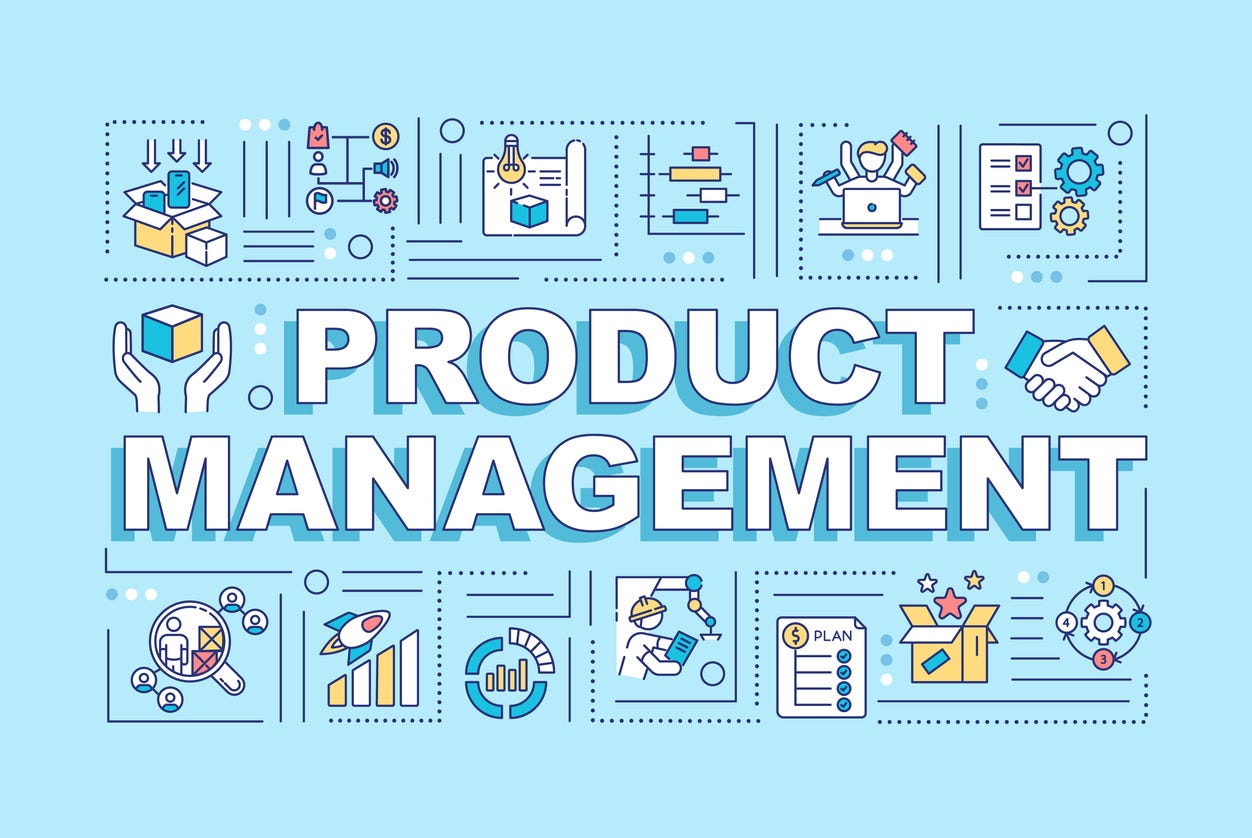Understanding Emotional Intelligence (EI)
Emotional Intelligence (EI) refers to the ability to recognize, understand, manage, and utilize emotions effectively in oneself and others. In the context of product management, EI is becoming increasingly important as it enhances various aspects of the role, including customer empathy, team collaboration, and stakeholder management. Let’s break down why EI is so crucial and how it can be developed and applied in product management.
Why Emotional Intelligence Matters in Product Management
Customer Empathy:
- What It Is: Customer empathy involves understanding and sharing the feelings, needs, and motivations of customers. It goes beyond just knowing what customers say they want; it’s about sensing what they actually need and why.
- Why It Matters: When product managers possess high EI, they can better anticipate customer needs and design products that truly resonate with users. This leads to products that are more user-friendly, meet genuine needs, and ultimately result in higher customer satisfaction and loyalty. For instance, a product manager might notice a customer’s frustration with a cumbersome interface and prioritize an intuitive redesign, leading to a smoother user experience.
Team Collaboration:
- What It Is: Effective team collaboration is about working together harmoniously to achieve common goals. It requires clear communication, mutual respect, and the ability to resolve conflicts constructively.
- Why It Matters: A product manager with strong EI can foster a positive team environment by recognizing and addressing the emotions and concerns of team members. This leads to improved morale, higher productivity, and a more cohesive team that can work efficiently towards product goals. For example, by understanding the stress points of their team during a project crunch time, a product manager can offer support and flexible solutions to alleviate pressure.
Stakeholder Management:
- What It Is: Stakeholder management involves navigating the interests and expectations of various stakeholders, including executives, customers, developers, and marketers.
- Why It Matters: High EI helps product managers to understand and balance these diverse interests effectively. They can communicate more persuasively, manage expectations better, and build stronger relationships with stakeholders, ensuring smoother project progress and more successful product outcomes. For instance, recognizing the concerns of a skeptical executive and addressing them with empathy and clear data can secure crucial project buy-in.
Developing Emotional Intelligence
Developing EI is a continuous process that involves self-reflection, practice, and feedback. Here are some strategies to enhance EI in the context of product management:
Self-Awareness:
- Regularly reflect on your emotions and reactions. This could involve keeping a journal of daily interactions and noting what emotions were triggered and why.
- Seek feedback from peers and mentors to understand how you are perceived by others. For instance, after a meeting, ask a trusted colleague for honest feedback on your communication style.
Self-Management:
- Learn to manage stress and stay calm under pressure. Techniques like deep breathing, meditation, and exercise can help maintain composure.
- Practice mindfulness and stress-reduction techniques. Mindfulness apps and regular breaks during work can contribute to better stress management.
Social Awareness:
- Develop empathy by actively listening to others and trying to see things from their perspective. This means truly listening to understand, not just to respond.
- Pay attention to non-verbal cues and the emotions behind the words. Observing body language and tone can provide deeper insights into how others feel.
Relationship Management:
- Build and maintain positive relationships through effective communication and conflict resolution. This involves being open to dialogue and finding mutually beneficial solutions during conflicts.
- Encourage open dialogue and foster a culture of trust and respect within your team. Regular team-building activities and transparent communication can strengthen team bonds.
Applying Emotional Intelligence in Product Management
In Customer Interactions:
- Use empathetic listening to truly understand customer feedback. This could involve follow-up questions to dig deeper into their experiences and pain points.
- Address customer concerns with sensitivity and ensure their voices are heard in the product development process. For example, implementing a feedback loop where customer suggestions are regularly reviewed and considered.
In Team Dynamics:
- Create a supportive team environment where everyone feels valued and respected. This can be done through recognition programs and inclusive decision-making processes.
- Recognize and celebrate team achievements, and provide constructive feedback when needed. Acknowledging hard work and offering constructive criticism helps maintain morale and performance.
In Stakeholder Engagement:
- Communicate product vision and updates clearly and empathetically. Tailor your communication style to suit different stakeholders, ensuring that technical details are understandable for non-technical audiences.
- Understand the priorities and concerns of different stakeholders and address them appropriately. Regular check-ins and transparent progress reports can help keep stakeholders aligned and supportive.
Emotional Intelligence is no longer a nice-to-have skill in product management; it’s a crucial competency that can significantly enhance the effectiveness of a product manager. By understanding and managing emotions better, product managers can build stronger relationships with customers, foster a more collaborative and motivated team, and navigate stakeholder dynamics more effectively. As the landscape of product management continues to evolve, those who develop and apply EI will be better positioned to create products that not only meet but exceed customer expectations.




